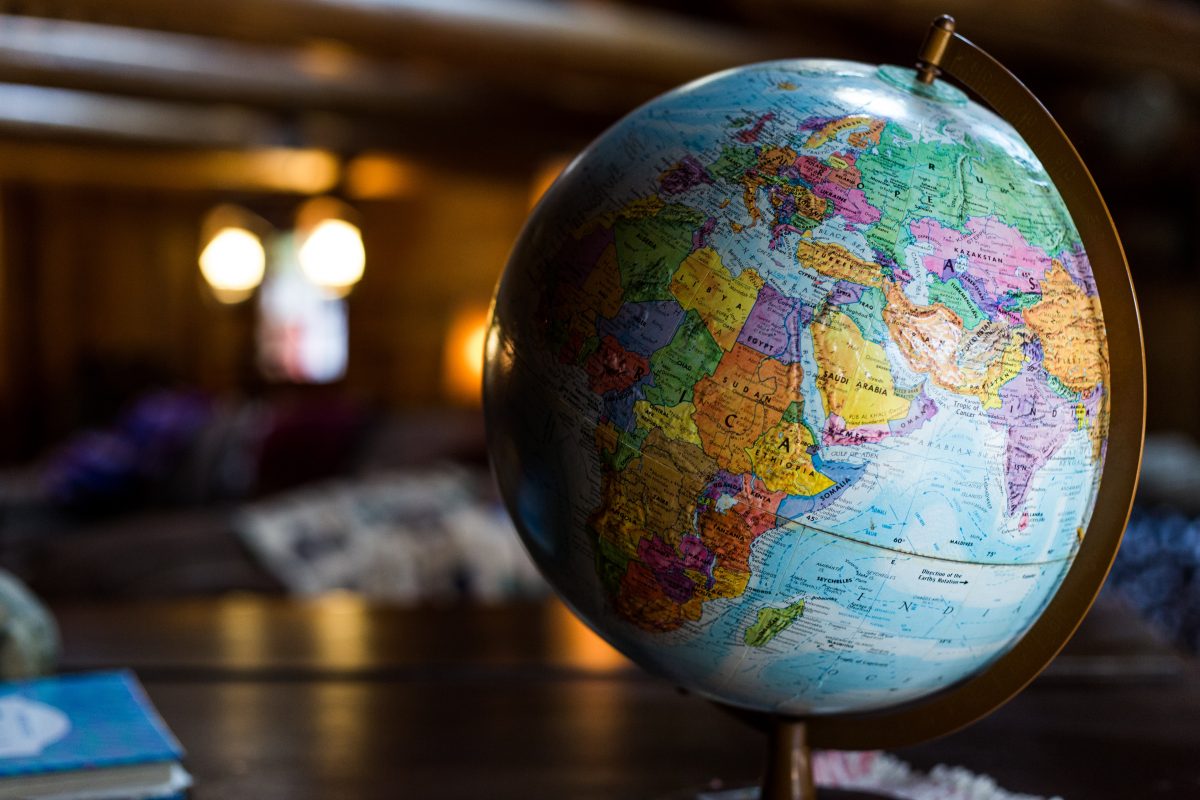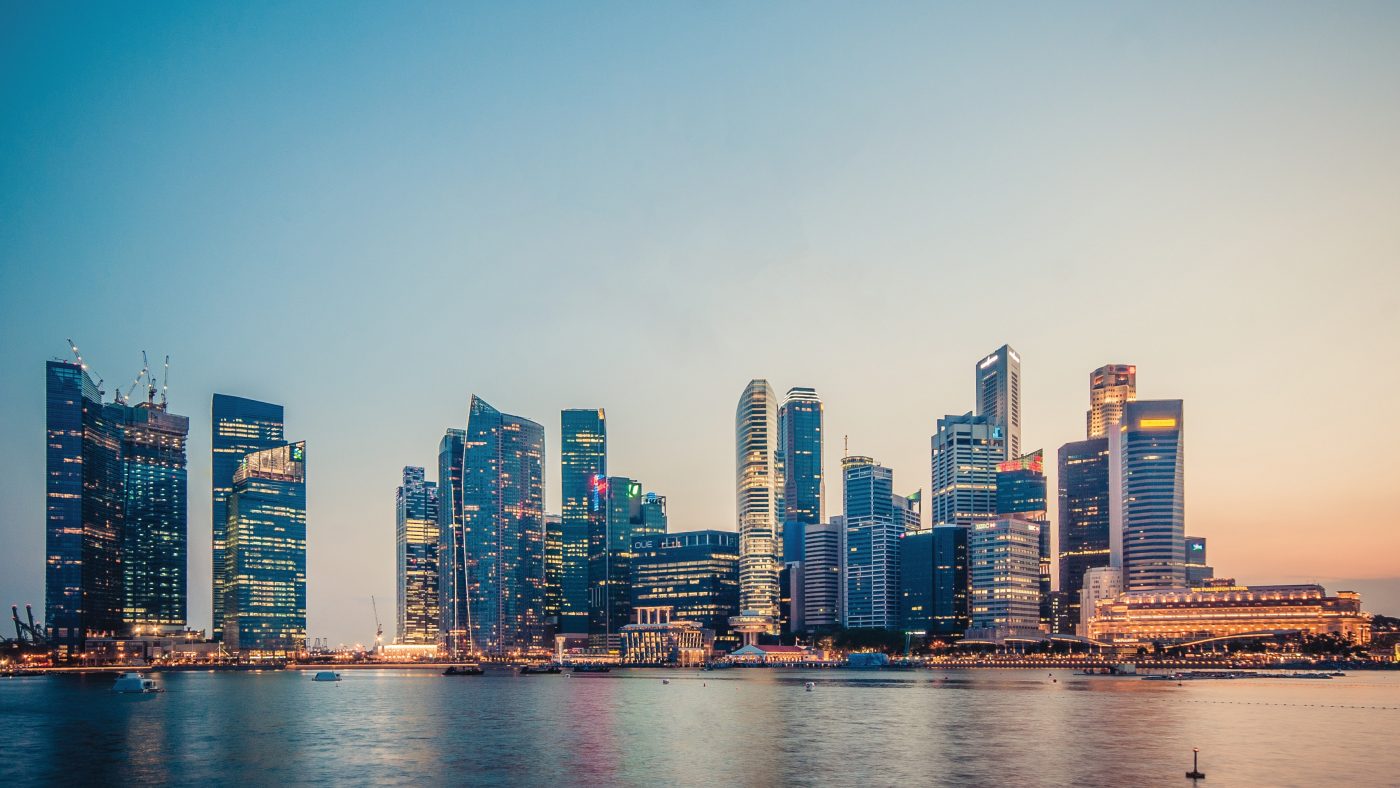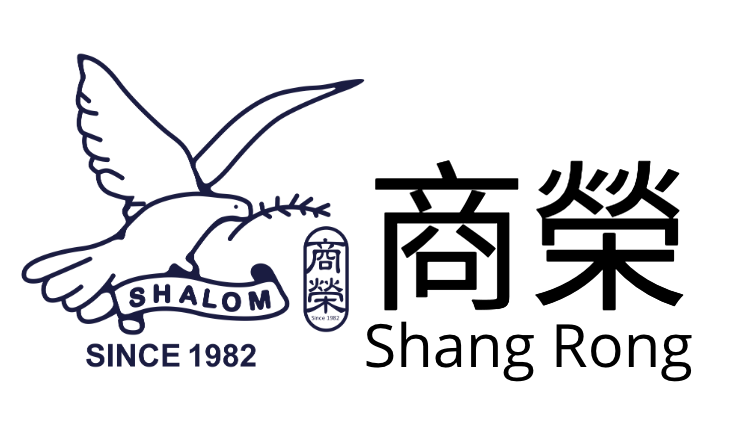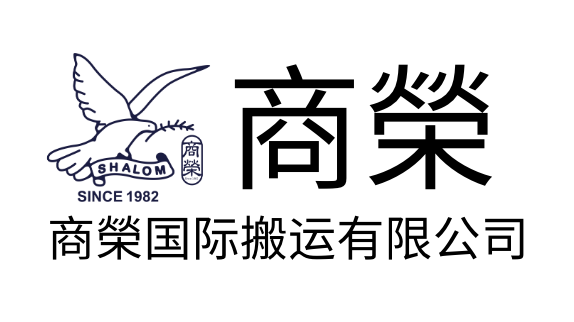Singapore is a beautiful country. Despite its small size of just 721 square kilometres, Singapore is by no mean a country you can easily ignore. Singapore boasts some of the strongest economies in South East Asia compared to its peers, has advanced military training and equipment and on top of that, a strong government that promotes meritocracy more than anything else.

Hence, it’s not strange to see Singapore a top choice of destination for people from neighboring countries looking to migrate here for better career prospects and quality of life. Based on a study by HSBC Expat Explorer, Singapore ranked 2nd most preferred country when it comes to migration options.
Goods and Services Tax (GST)
Singapore charges a broad-based consumption tax on all goods and services purchased or consumed in Singapore. This tax is known as Goods and Services Tax or GST. GST is also known as VAT in some countries but the taxation mechanism is similar. The taxation system was introduced to Singapore in 1984 as a way for the Singapore government to shift its reliance on income tax (a form of direct tax) to consumption-based tax (indirect tax). This has helped the government to sustain a lower income tax bracket, as well as encourage people to save and invest their money.

As at the time of writing, Singapore charges a 7% GST on all goods imported into Singapore, with exceptions to certain goods or services that are exempted. The Inland Revenue Authority of Singapore (IRAS) is the government body responsible to overlook and collect taxes on behalf of the Singapore government. If you would like to learn more about the taxation system, there is a dedicated page in IRAS that explains how the taxation mechanism works. Hence whether you buy a product from grocery stores in Singapore or engage local movers in Singapore to help you move, you might encounter a GST charge on your receipts or invoices.
Tax Implication on Importing Personal Furniture to Singapore
One of the most commonly asked questions for people migrating to Singapore would be the tax implication on their migration. Most people have their personal belongings or furniture from their origin homes that they want to move with into Singapore. The tax process can be complicated and not recommended for someone who is new to the Singapore taxation process. Hence it is always recommended for people migrating to Singapore to engage local movers in Singapore to help them with the taxation and international moving process.



All imports of furniture or personal effects are subjected to GST tax. Additionally, you are required to apply for an account with Singapore customs to enable the payment of taxes. There are of course certain exceptions where this GST tax will not apply to you, such as:
- You are the owner of the furniture or personal effects imported.
- You are changing your home residence to Singapore.
- The furniture or items have been purchased and used for at least 3 months.
- The furniture or items are imported to Singapore within 6 months of your first arrival in Singapore.
- The furniture or items are imported through air and sea. Land imports are not exempted.
Additionally, there are certain goods that do not qualify for the exemption above, even if you meet all the criteria listed above. Example of these items is such as:
- Liquours
- Tobacco Products
- Motor Vehicles
- Private Aircraft
- Boats
- Yachts
- Commercial goods
For more information about GST implication, we recommend you to read through and understand the guide available at Singapore’s custom website.
Conclusion
Whether you’re moving to Singapore by air, sea or land, there is always tax implication on your imports, whether if they are intended for personal or commercial use. Unless you are well versed in accounting and taxation rules and regulations in Singapore, we recommend the engagement of services for professional local movers in Singapore to help you with the moving process.


